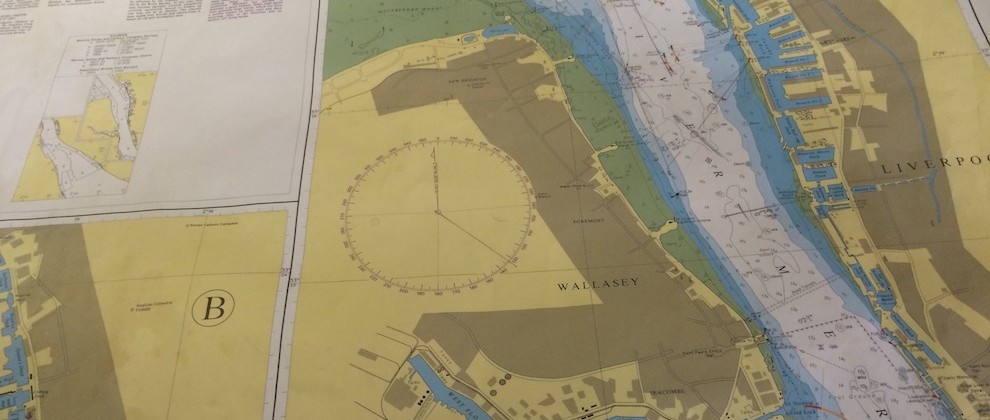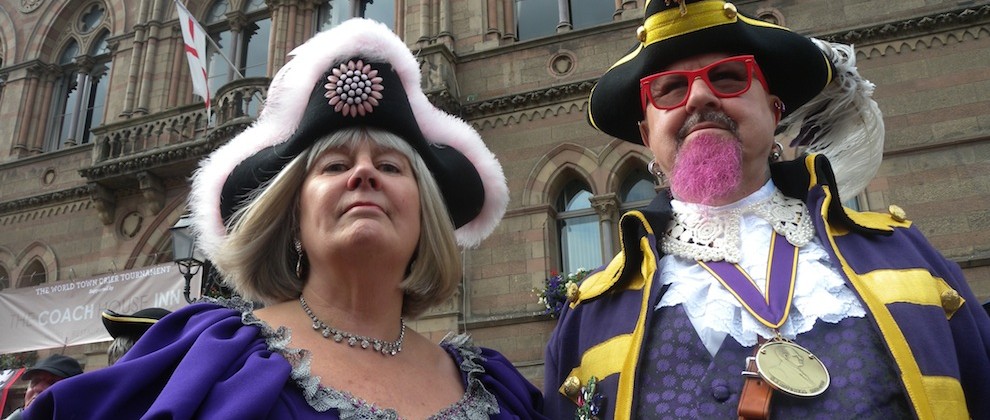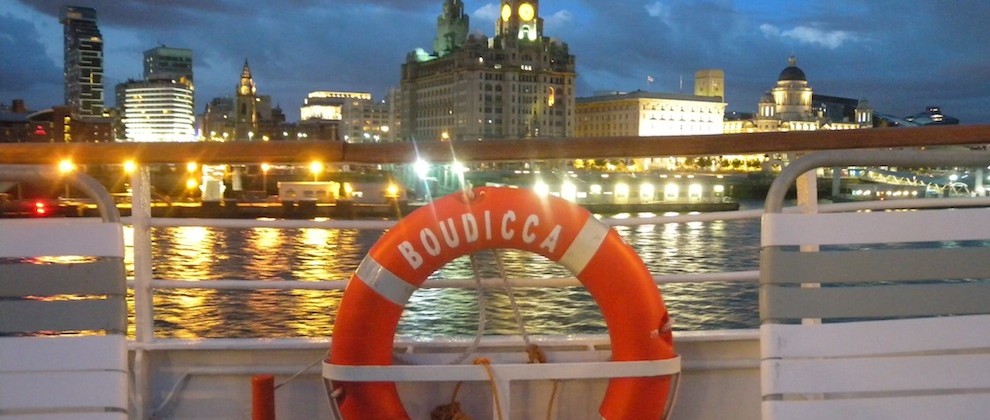They are the quiet men of shipping.
While the captain is struggling to navigate the treacherous tides of the River Mersey, one of the Liverpool River Pilots will shimmy up a rope ladder, come aboard and peel off their waterproofs to reveal a neatly pressed suit before extending a firm handshake and taking conduct of the ship.
It may sound like a scene from the new Bond film but for Chris Booker, Chairman of the Liverpool Pilots, it’s another day at the office.
Maritime history
Liverpool Pilotage Services was founded 1766 and this year celebrates its 250th anniversary.
The BBC recently broadcast the documentary series Sea City: Liverpool while the Merseyside Maritime Museum hosts the exhibition Liverpool Pilots from July to celebrate the landmark.
Both explore the vital role of the service in navigating ships in and out of the Port of Liverpool for more than two centuries.
I met Chris at their offices on the Birkenhead side of the river, historic paintings of pilot ships at sail alongside whiteboards of calculations and twin high-tech simulators.
It was at the controls of one of the latter that Chris planned the meticulous set of manoeuvres for Cunard’s Three Queens event last May to mark the 175th anniversary of the first transatlantic crossing.
“We gave our time for free, only being paid for the piloting on the day,” says softly spoken Chris.
“The event brought 1.5m people to Liverpool but we don’t get carried away. We’ve simply got a job to do.”
Dangerous waters
As we pour over a huge chart of the approach to Liverpool [pictured above] in the Chart Room, Chris points out the natural features that make the waters some of the toughest in the world to navigate.
“Liverpool has a lot of idiosyncrasies: strong tides, westerly weather and a series of locks,” he explains.
There are also some 5,000 wrecks beneath the surface — hence ships entering the Mersey rely on the skills and knowledge of pilots to ensure their safe passage.
Unusually, captains entering UK waters must hand over conduct of their vessel to the pilot coming aboard, integrating him into the team on the bridge.
It’s an agreement only also observed in Panama. “We are not advisors,” says Chris. “We take control.”
Later, over lunch at the Woodside Ferry Terminal, sunlight glinting off the Echo Arena across the Mersey, Chris tells me about his love affair with the sea, a romance that started aged 12 on a coaster with his father, sailing from Yorkshire to Holland.
“I remember it like yesterday. It was a defining moment.”
Chris went onto study at the Hull Trinity House Academy in before serving an apprenticeship at sea.
At 16 he was flying to New York to join a ship trading down the east coast to Central America. After years as a captain and master with the Mobil oil company, he joined the Liverpool Pilots in 1995.
The pilots, already captains, undergo a further seven-and-a-half years of training to gain their full qualifications.
“Having gone round the world as a captain, I wondered, at first, if I would get bored on the Mersey but, just last night, I was piloting gas tanker into the Mersey with one engine in bad weather,” he says.
“It was properly dry-mouth, hands-shaky scary.”
Anniversary plans
Now aged 52 and with three grown-up sons at sea, Chris has had more than his fair share of sea-faring adventures — from fending off pirates in Nigeria as a teenage cadet to charting an undiscovered sea mount off the coast of the Philippines.
“I remember sailing from Japan to Canada and we could smell the pines before they even appeared on the radar,” he smiles. “I loved the adventure and I’d do it all again.”
We finish our coffees and watch the unusually calm water of the Mersey ebb and flow outside.
It’s a big year for the Liverpool Pilots with more events to be announced to add to the latest chapter in Liverpool’s rich maritime heritage.
But Chris says the Liverpool Pilots will continue quietly with their valuable work. “All the other visitors to a ship want something but the pilot is different,” he says.
“The service we provide is a proper challenge but, ultimately, we’re just there to help.”
What did you think of this story? Post your comments below.
This story was first published in the Daily Telegraph last weekend.



